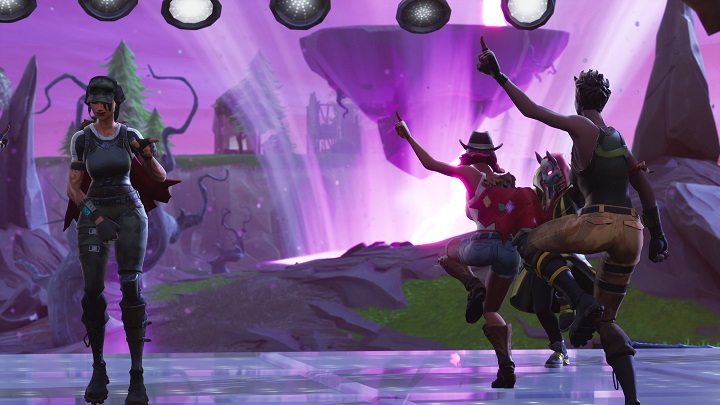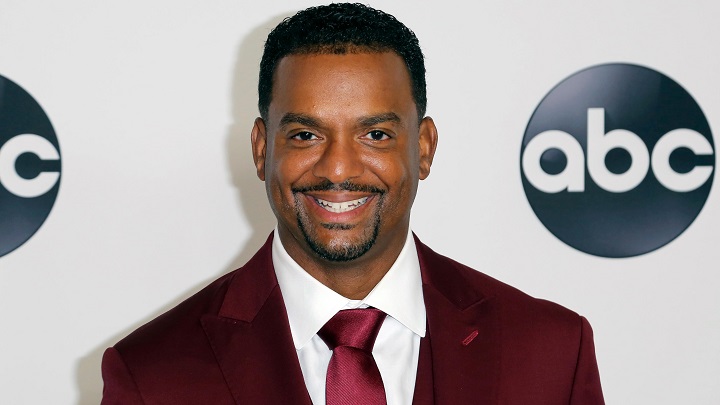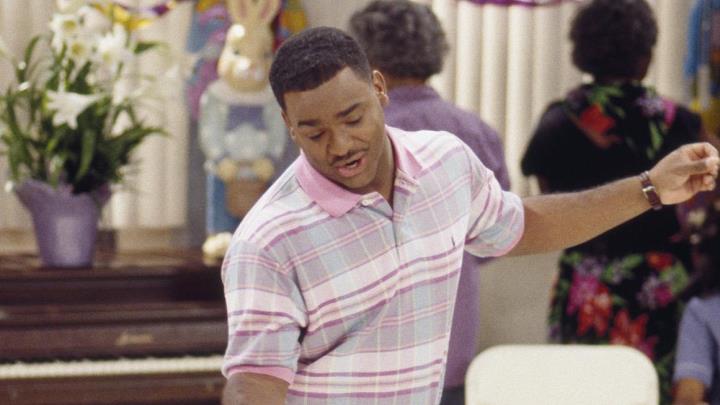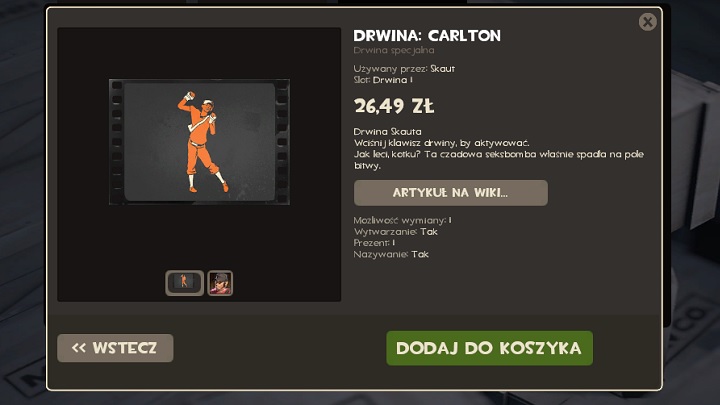Fortnite Dance Affair - US Goverment Denies Carlton Dance Claim
US patent office responded to Alfons Ribeiro's claim of alleged copyright infringement in Fortnite using the Fresh emote. According to patent examiners, a short, simple dance does not fall under copyright law, rendering the claim invalid.

Epic Games doesn't have an easy life recently. Not only is the company's digital platform surrounded by a lot of controversies, but it also has to deal with a wave of lawsuits. The latter relates to.... Fortnite emotes, the rights to which were claimed by some artists. It seems, however, that in this case, the issue may be solved quickly, and in favor of the American developer team. Hollywood Reporter reports that actor Alfons Ribeiro's claims to the Carlton Dance have been rejected by the US patent office. The dance in question was performed by the artist in an episode of Fresh Prince of Bel-Air, on which the "Fresh" emote from in Fortnite: Battle Royale was based. According to Saskia Florence, a specialist from the Performing Arts Department of the Copyright Office, Ribeiro's claims are completely unfounded and against US law. Take-Two's lawyer Dale Cendali, whose client was also sued in connection with the alleged illegal use of Carlton Dance in NBA 2K19, spoke in a similar tone.

As we read in a copy of the email sent by Florence to David Hecht (Alfons Ribeiro's lawyer), the rejection of Carlton Dance's claim for registration is due to several reasons. However, the most important of these concerns is the definition of what can be patented as a "dance". Saskia Florence points out that the "choreography" in question consists of three simple dance steps, so it is "an ordinary dance routine". This means that it does not qualify as a "choreographic work" that can be covered by actor's claim. There are also other problems, such as whether Ribeiro could really own the rights to Carlton Dance, since - for example - the actor was not mentioned in the copyright notice of the said episode of Frensh Prince of Bel-Air, in which Ribeiro performed the dance in question.

It should be noted that this is by no means a binding decision for a U.S. court, which may be tempted to interpret the law differently. In addition, David L. Hecht announced (via the New York Times) that he will be asking the patent office to reconsider. He claims that, although the individual steps of Carlton Dance are simple, their combination qualifies as "choreographic work". However, as Robert Brauneis of George Washington University Law School points out in an interview with the New York Times, the patent office's decision is not surprising. A simple dance can be compared to a short phrase or words in this context, and American officials have long since accepted that words and short sentences cannot be covered by copyright:
"That [the decision of the patent office] does not surprise me in the least," said Robert Brauneis. "It’s like a word or a short phrase. The copyright office has always taken the position that words or phrases are not copyrightable, and this [Carlton Dance] is exactly like a word or a phrase in a dance. You could repeat that word or phrase indefinitely [...] but that repetition doesn’t make the fragment subject to copyright protection."

Whatever the final decision of the U.S. judiciary, not only Epic Games and Take-Two will be waiting impatiently for it. Carlton Dance did not appear in the games with the release of Fortnite. A bit earlier, it appeared Team Fortress 2 as a Scout's taunt, and in contrast to Epic Games, Valve didn't even bother to hide its origins. The creators of Forza Horizon 4, in which one of the unlockable dances is "The Carlton", did the same thing. And Alfons Ribeiro's case is not the only one of its kind - similar claims were made by rappers Milly 2 and Backpack Kid, among others. If the court had nevertheless settled the dispute in favour of Ribeiro and the other artists, the publishers would have to pay them considerable compensation. Anyway, the matters would not end there, because the precedent would encourage other artists to file similar cases.
0

Author: Jacob Blazewicz
Graduated with a master's degree in Polish Studies from the University of Warsaw with a thesis dedicated to this very subject. Started his adventure with gamepressure.com in 2015, writing in the Newsroom and later also in the film and technology sections (also contributed to the Encyclopedia). Interested in video games (and not only video games) for years. He began with platform games and, to this day, remains a big fan of them (including Metroidvania). Also shows interest in card games (including paper), fighting games, soulslikes, and basically everything about games as such. Marvels at pixelated characters from games dating back to the time of the Game Boy (if not older).
Latest News
- End of remote work and 60 hours a week. Demo of Naughty Dog's new game was born amid a crunch atmosphere
- She's the new Lara Croft, but she still lives in fear. Trauma after Perfect Dark changed the actress' approach to the industry
- „A lot has become lost in translation.” Swen Vincke suggests that the scandal surrounding Divinity is a big misunderstanding
- Stuck in development limbo for years, ARK 2 is now planned for 2028
- Few people know about it, but it's an RPG mixing Dark Souls and NieR that has received excellent reviews on Steam, and its first DLC will be released soon


